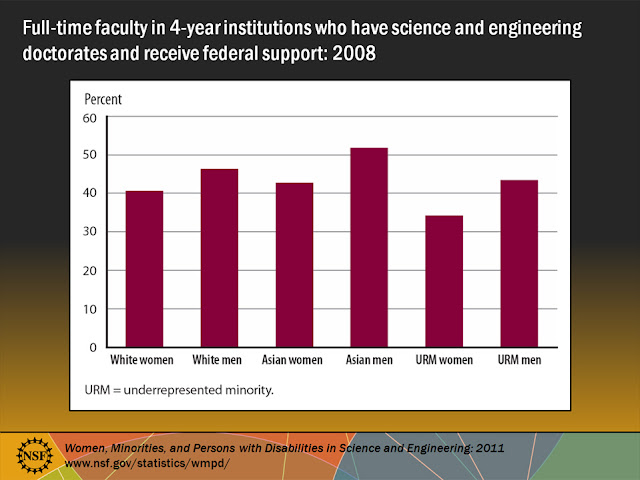How Does One Lure Back Much Needed Talent and Expertise
The US likewise looks at other countries to find ways to improve its educational system. For example, an article in the Washington Post was published several months ago describing South Korea. Here is a paragraph worth our attention:
...South Koreans who had gone abroad to study were lured back with handsome salaries to teach. And the best students in the country were recruited with the promise of free tuition and an exemption from mandatory military service, in return for a promise to work in a government lab for three years after graduation. Over the years, Kaist graduates have filled government research institutes and top jobs at companies like Samsung and Hyundai....Recently, I received an invitation to teach during the summer in China. The Sinoway International Summer School Program currently involves the following universities: East China Normal University, Shanghai, Nanjing University, Nanjing. Beijing Normal University, Beijing, University of International Business and Economics, Beijing Sun Yat-Sen University, Guangzhou. The package includes:
Salary: $6,000 USD per course session taught (after-tax).Typically each Visiting Professor teaches between two to three course sessions and therefore receives $12,000 - $18,000 in the salary component.
Welfare: Free hotel accommodation during the term of teaching, Up to 2,000USD reimbursement for an international round-trip economy class air ticket between the U.S. or Canada and destined SIE host university, for both you and one close family member; Accident insurance coverage for you and your family member; Reimbursement of RMB 1,000 for transportation or communication expenses incurred during the Employment Term. Total value of all welfare is around $7,200.
Other Benefits: One assigned teaching assistant to help with academic affairs; One assigned welfare assistant to help with your daily living needs in China.
Whether this is attractive enough is one question but the fact is that there is considerable and reasonable effort to make it attractive. Another example is Brazil, as reported by the Public Radio International:
"The government has more than tripled the budget for the Ministry of Science in the last ten years."Margarida Fontes published a paper in Science and Public Policy entitled "Scientific Mobility Policies: How Portuguese Scientists Envisage the Return Home". In this article she stated:
The Philippines needs to look closely at this issue as well. Scientific mobility, if completely unbalanced, which aptly describes the Philippine situation (outflow of talent greatly exceeds inflow), has profound implications on a country's development or progress. Patrick Gaulé points out this imbalance in his article, "Do highly skilled migrants return permanently to their home countries?":
Thus a substantial number, especially among the younger generation, express the desire to return and to “make some contribution”, but only if more favourable conditions are found at home. Their behaviour reflects some pragmatism, but their comments often express sadness or frustration with the impossibility of returning under reasonable conditions and with the waste of resources their situation epitomises, given the high investment made in them.
Brain drain can be a good thing for the source country; one benefit is that some skilled workers eventually return. Unfortunately, there is little evidence on the incidence and nature of such return migration. This column presents new data on the return-migration decisions of foreign faculty based in US chemistry departments.

Comments
Post a Comment